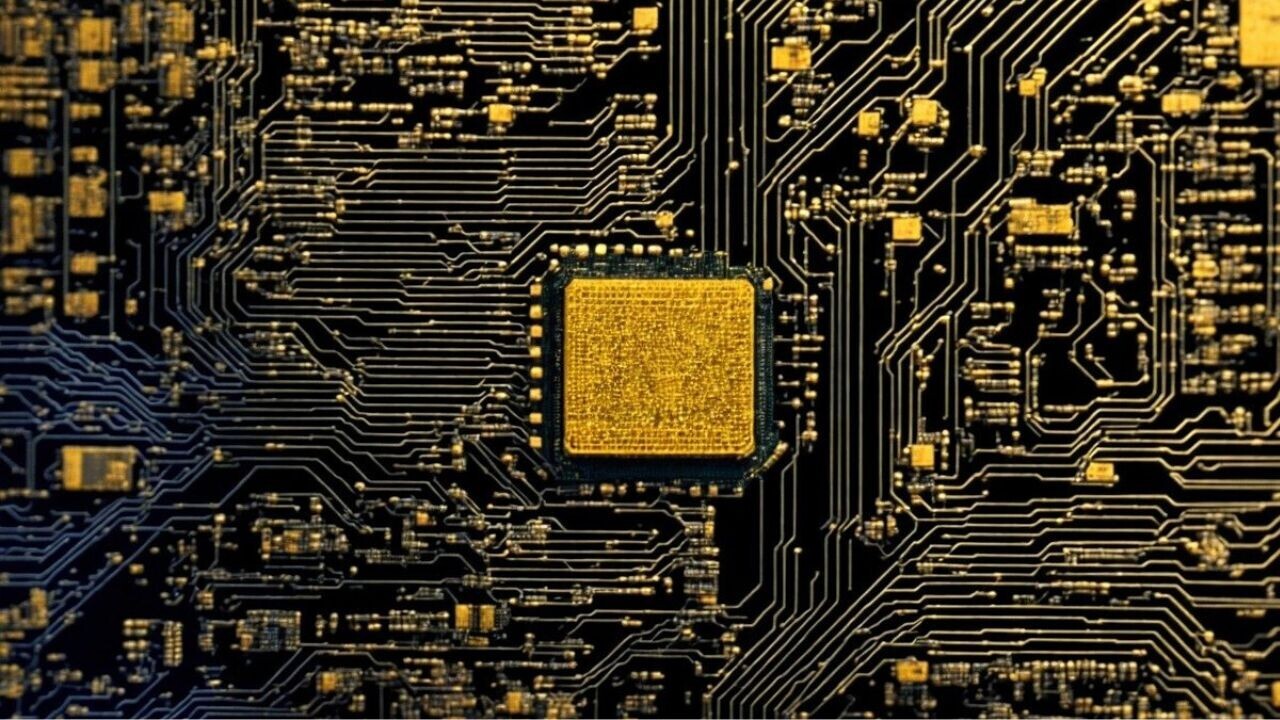
In what could be a big win for the EU’s chip industry, Taiwan’s National Science and Technology Council Minister, Wu Cheng-wen, says TSMC is planning to further expand operations in the bloc.
TSMC broke ground in August on a €10bn chip plant in Dresden, Germany — its first in Europe. The German government will provide half of the funding with €5bn in state aid, under the EU’s Chips Act.
The fab will produce semiconductors for automotive and industrial applications. It’s a joint project between the Taiwanese tech giant, the Netherlands’ NXP, and Germany’s Bosch and Infineon.
“They [TSMC] have started construction of the first fab in Dresden, they are already planning the next few fabs in the future for different market sectors as well,” Cheng-wen told Bloomberg TV in a Monday interview.
Wu said that whether the company will increase its plants in Germany, or expand to other European countries, will depend on its market strategy.
“And whenever they do [expand], our government will help them establish joint research collaboration for them to continue developing new technologies.”
In a statement to Bloomberg, TSMC said that it currently has no new investment plans and is focused on its existing global expansion projects.
Europe’s need for foreign investment in the chip sector
The EU currently makes about 10% of the world’s semiconductors. It’s particularly strong in the production of chips for the automotive and industrial sectors, boasting well-established players such as NXP, Infineon, and STMicroelectronics.
TSMC’s upcoming plant is expected to further strengthen the EU’s position in these industries. The fab is slated to reach an annual output of 480,000 silicon wafers once it is fully operational in 2029.
However, the bloc is lagging behind in the production of advanced chips that power technologies such as AI and High Performance Computing (HPC).
Intel’s €30bn mega fab in Germany, which was destined to begin operations by 2028, would have helped fill this gap.
TSMC’s potential further expansion in Europe presents a ray of hope. “The most important market [for expansion] would be the AI market,” said Wu.
Get the TNW newsletter
Get the most important tech news in your inbox each week.




